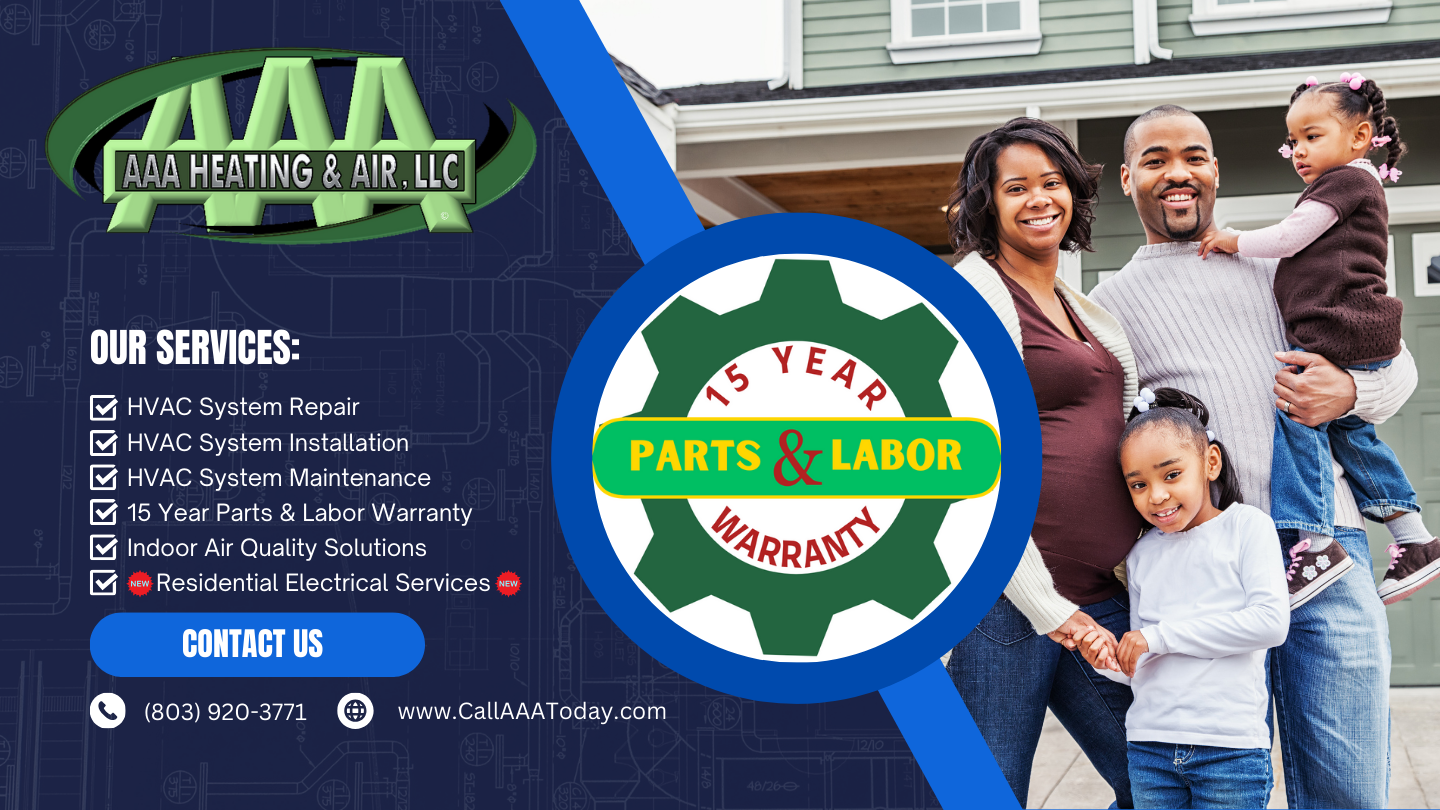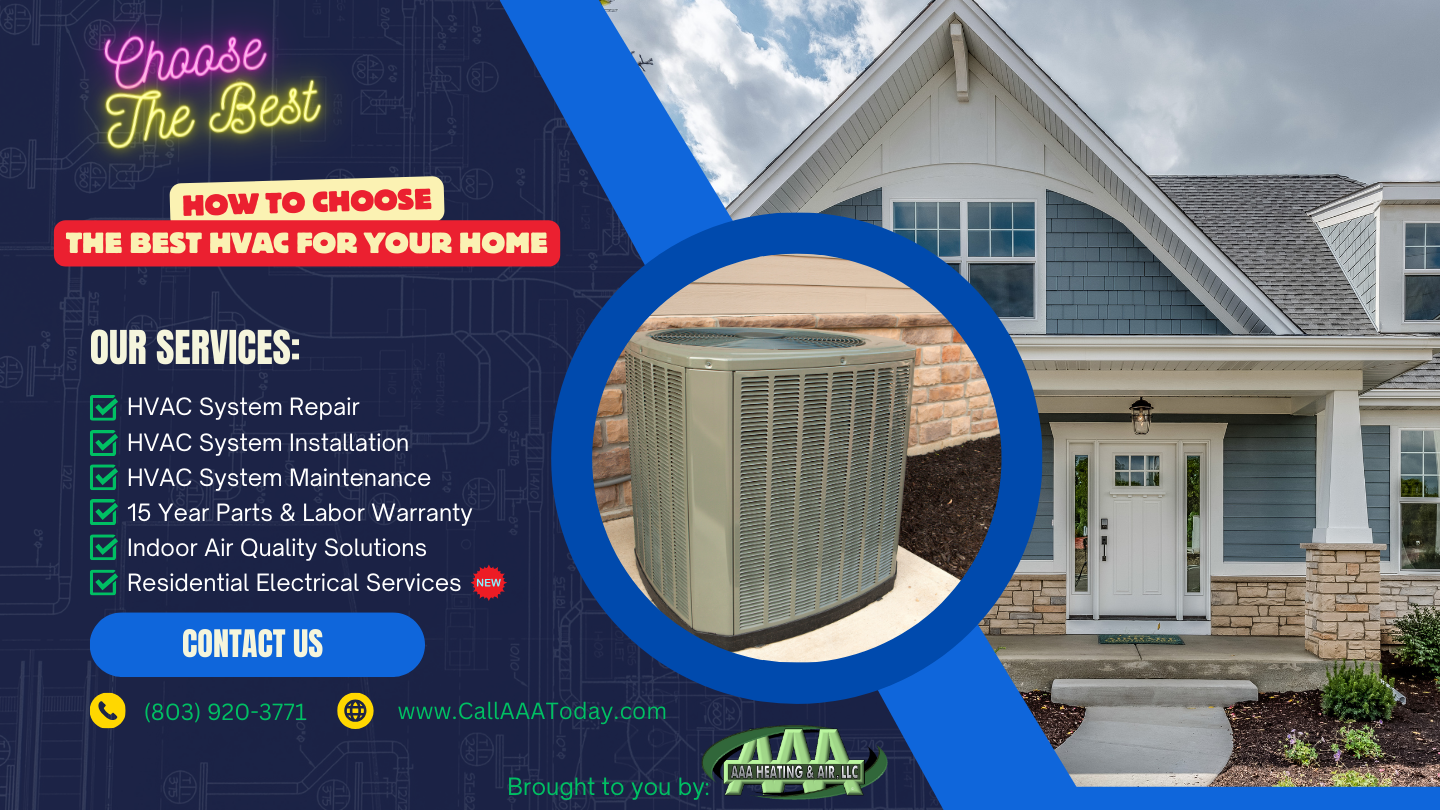How To Choose The Best HVAC For Your Home, few decisions are as impactful as choosing the right HVAC (Heating, Ventilation, and Air Conditioning) system. The right HVAC system not only ensures a comfortable living environment but also contributes to energy efficiency, indoor air quality, and even the resale value of your home. However, with a plethora of options available in the market, selecting the best HVAC system can seem daunting. This comprehensive guide aims to simplify this process by shedding light on key considerations and best practices when choosing an HVAC system for your home.
Understand Your Home’s Specific Needs:
Before diving into the specifics of HVAC systems, it’s essential to understand your home’s unique requirements. Factors such as the size of your home, local climate, insulation levels, and the number of occupants can significantly influence your HVAC needs. For instance, a larger home in a hot climate would require a more powerful cooling system compared to a smaller home in a temperate zone.
Energy Efficiency Matters:
One of the most critical aspects to consider when choosing an HVAC system is its energy efficiency. This not only impacts your utility bills but also contributes to environmental sustainability. Look for systems with high SEER (Seasonal Energy Efficiency Ratio) ratings, as they consume less energy to provide the same level of cooling or heating as a less efficient system. ENERGY STAR certified systems are also a good choice, as they meet strict energy efficiency guidelines set by the U.S. Environmental Protection Agency.
Types of HVAC Systems:
There are several types of HVAC systems available, including central air conditioning, heat pumps, ductless mini-split systems, and geothermal systems. Each system has its pros and cons, and the best choice depends on your home’s specific needs and your personal preferences. For instance, a central air conditioning system is ideal for large homes and provides even cooling throughout, but it requires ductwork. On the other hand, a ductless mini-split system is perfect for smaller spaces and offers greater flexibility in terms of installation, but it may not be as efficient in very hot or very cold climates.
Maintenance and Repair:
An often overlooked aspect of choosing an HVAC system is the cost and ease of maintenance and repair. Regular maintenance is crucial for the longevity and efficiency of your system, and choosing a system from a reputable brand with a good warranty can save you from costly repairs down the line. It’s also beneficial to choose a system with readily available parts and service providers in your area.
Noise Levels:
The noise level of your HVAC system can significantly impact your comfort and quality of life. Some systems are designed to operate at a lower decibel level, which can be a significant advantage if your system is located near a bedroom or living area. Be sure to check the system’s noise level before making a decision.
Conclusion:
Choosing the best HVAC system for your home is a complex decision that involves considering a multitude of factors. By taking the time to understand your home’s specific needs, considering energy efficiency, choosing the right type of system, and taking maintenance and noise levels into account, you can make an informed decision that will ensure comfort and efficiency for years to come.

Written by: Jared M. Sewell

